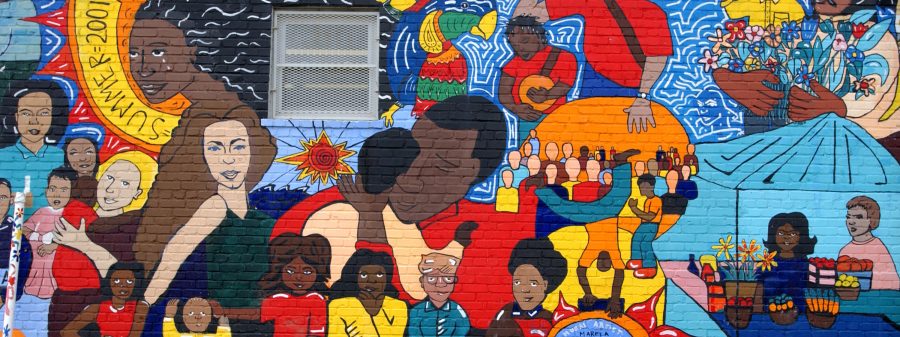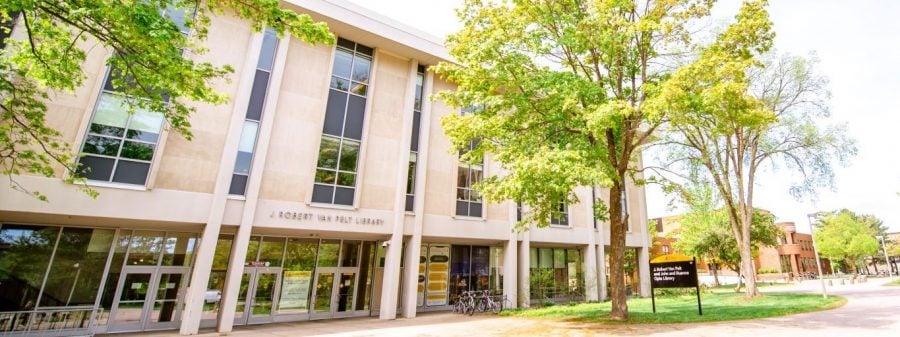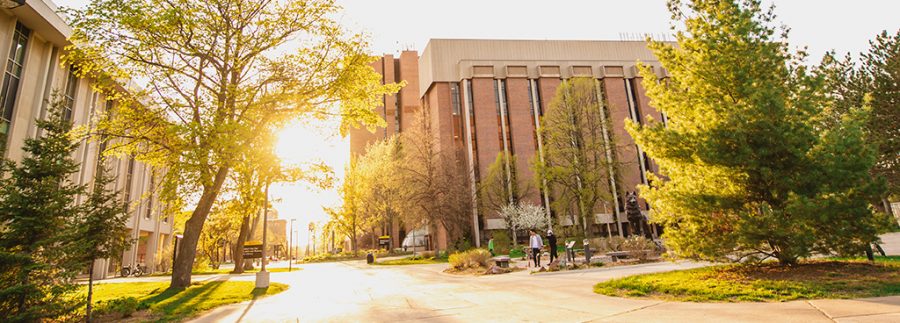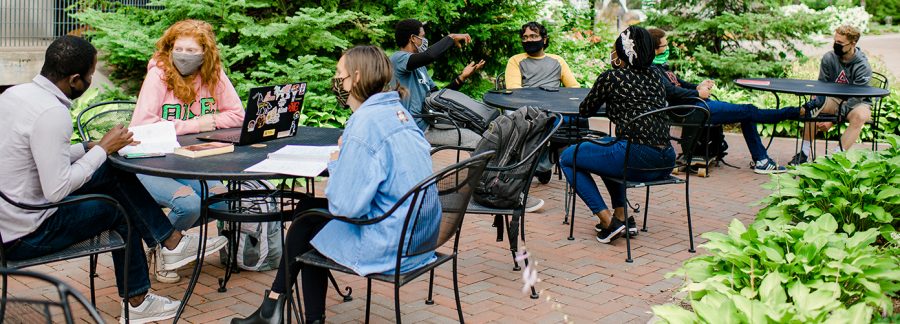
I was born in Los Angeles, and in 1963 I experienced the greatest moment of my childhood when the Dodgers won the World Series in a four game sweep over the New York Yankees. The city was euphoric. Little did I know at the time that this joy was built on the pain of a once-vibrant Latinx community. Chavez Ravine would be the eventual site of Dodger Stadium. Through eminent domain and other coercive means, most of the ravine’s residents were dislocated for a housing project that eventually stalled. The land was later conveyed to the Dodgers in 1958. As a result, the authorities forcibly removed families from the homes built by their grandparents.






